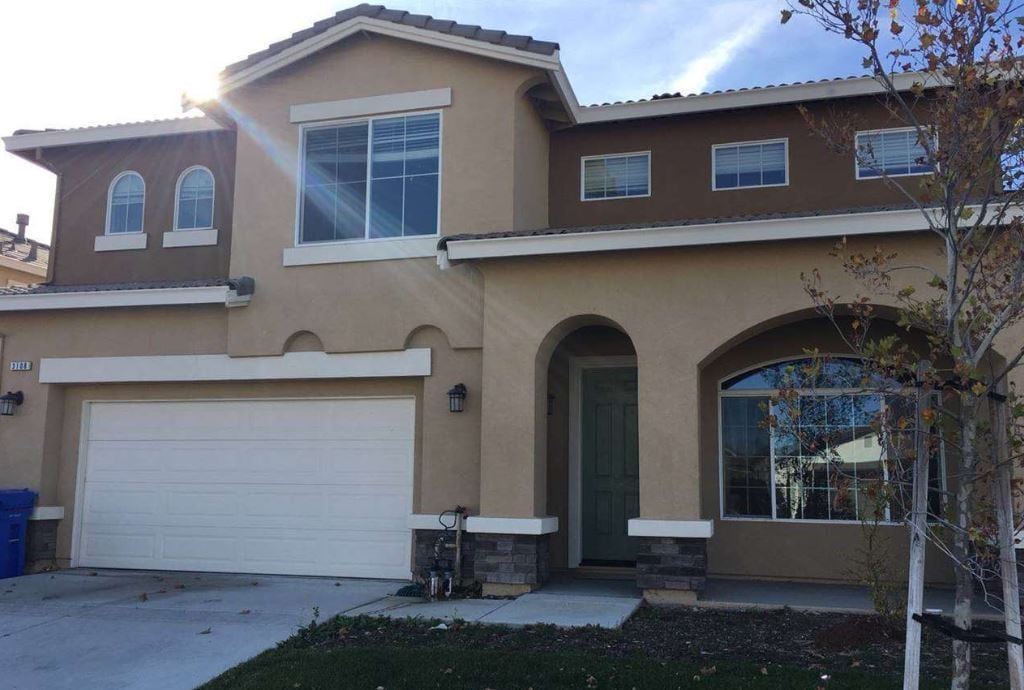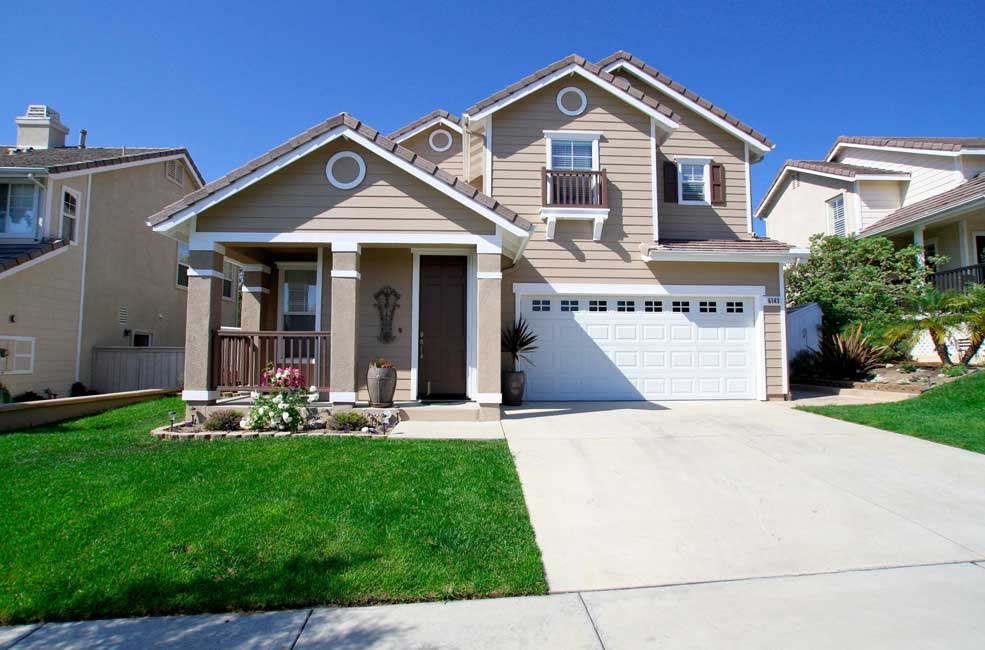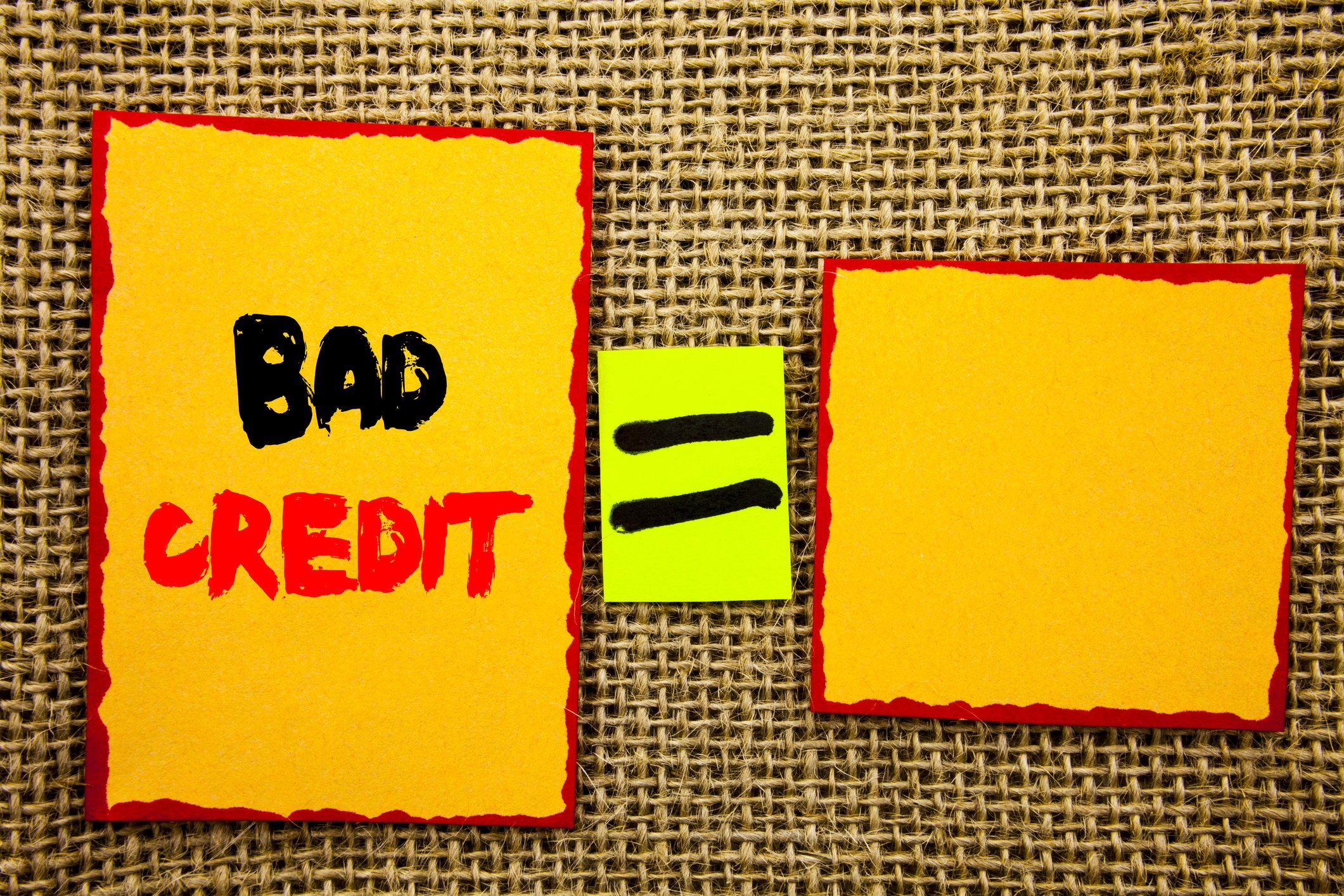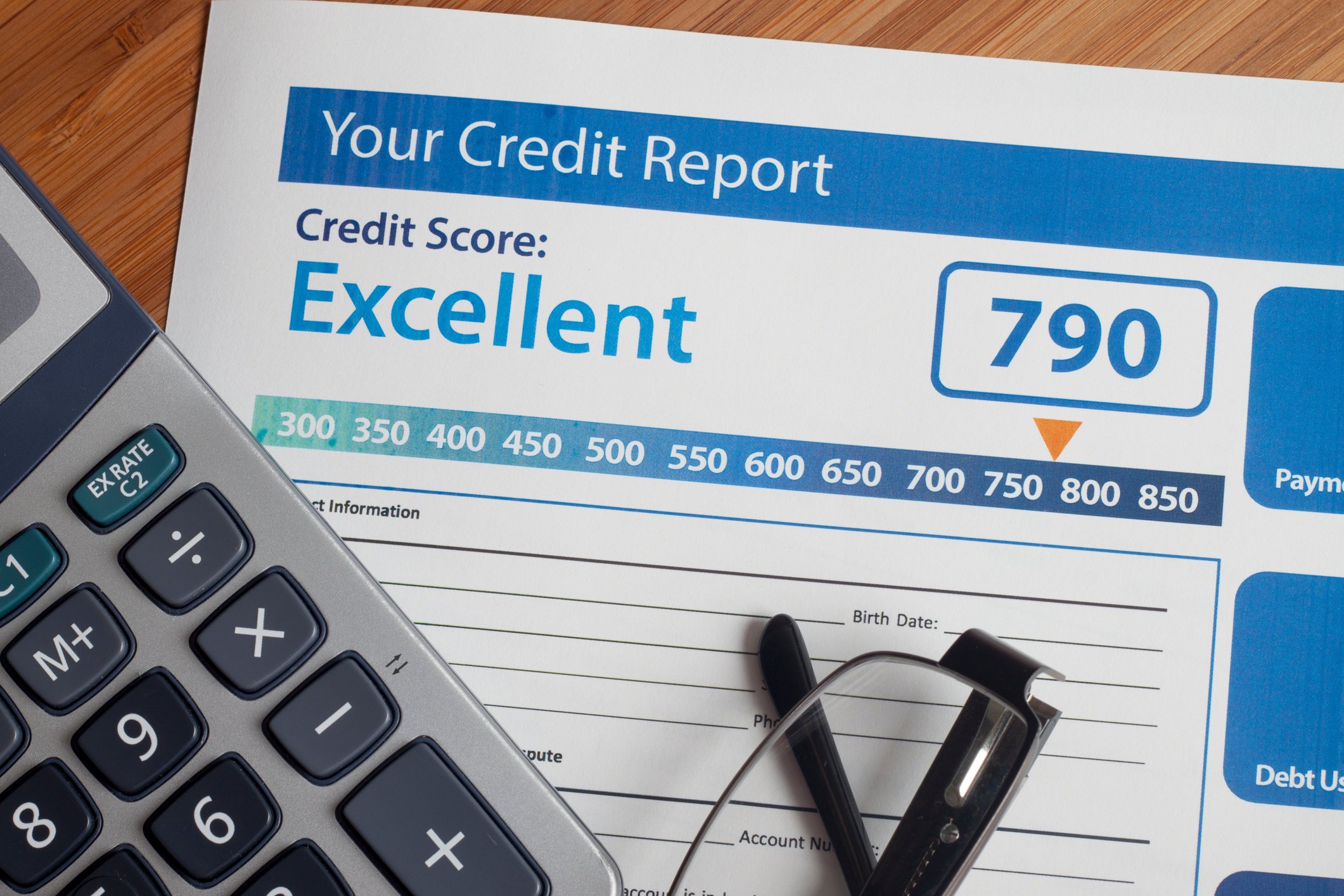Hard Money Loans: Business Purpose Versus Consumer Purpose
If you’re online searching for a hard money loan to solve your particular financial problem, it’s important to know if your financing scenario is for...
4 min read
 Ted Spradlin
:
Feb 21, 2023 7:47:57 AM
Ted Spradlin
:
Feb 21, 2023 7:47:57 AM

If you’re facing foreclosure on your primary residence, you’re probably searching for ways to save your property from potential sale at auction by taking out a hard money loan. Logically, this makes complete sense since many people associate hard money loans with low or bad credit scores. However, as I’ll explain, using a hard money loan to stop foreclosure on your primary residence is not as easy as you'd think: it's nearly impossible.
FCTD does not originate hard money loans to stop foreclosure on owner-occupied homes or primary residences.
In this blog post, I’ll detail what you need to know, what you’ll need to document, and what your options look like when it comes to stopping the foreclosure on your owner-occupied primary residence.
Spoiler Alert - there won't be any options with hard money loans solving the foreclosure problem.
If your primary residence is in foreclosure, due to a variety of reasons such as death, medical emergency or a job loss, your instinct may be to immediately contact a hard money lender. You may be eager to refinance your entire first mortgage or take out a second mortgage to pay off the default balance in arrears. But you'll need to know a few things about hard money lending first.
Chances are, if you’re searching online for hard money lenders, you’re finding lenders that only do business purpose loans for investment properties, since that’s what most hard money lenders do. What you need for your primary residence is a consumer purpose loan. (Learn more in my blog explaining the differences between business and consumer purpose loans.)
Nearly all hard money lenders and hard money mortgage brokers originate business purpose loans. You'll have a very hard time finding a lender to fund a consumer purpose hard money foreclosure bailout loan on your primary residence. It’s not quite a needle in a haystack — but it’s close.

Hard money loans are designed to be short-term loans for real estate investors who are either renovating a property or buying a vacant, or partially vacant building, before refinancing into a long-term bank loan.
If you're defaulting on your existing conventional mortgage at 4.00%, how will you afford a hard money loan at 12.00%?
Let’s look at the numbers:
Current Loan in Default:
Hard Money Foreclosure Bailout:
The payment increase between the 4.00% mortgage and 12.00% hard money loan is $3,113 per month!
If you could find a consumer purpose hard money loan to pay off your foreclosure, the lender would go to great lengths documenting why the loan is a benefit to you even though the mortgage payment doubled. The lender would require you to complete high-cost mortgage and homeownership counseling, document your income and ability to repay, and detail the most likely exit strategy (sell the house or refinance into a new conventional mortgage in two to three years after the foreclosure seasoning has passed).
The lender would require this intense due diligence because they're preparing their legal defense if they must foreclose on the hard money loan, and are then sued to stop the foreclosure. Foreclosure proceedings can be costly and time-consuming, and also lead to additional regulatory exposure that hard money lenders don’t have with business purpose loans.
This is why I said these types of loans are nearly a needle in a haystack.
In my career, I worked for an investment fund that bought delinquent mortgages during the housing downturn from 2008-2010. I helped hundreds of homeowners in various stages of default find ways to stay in their homes if possible, or move out with financial or relocation assistance.
DO NOT BURY YOUR HEAD IN THE SAND!

Communicate with your mortgage servicer. Be proactive. Ask about loss mitigation options through loan modification, forbearance or tacking on the arrears to the back of the loan (like we saw during COVID). Take calls from and respond to written communication from the loan servicer or foreclosure trustee.
Working with your lender on some kind of resolution has a higher probability of success than obtaining a new hard money loan. Go this route first.
If your lender isn’t able to help, you might want to sell your house. Chances are, if you’ve owned your home for the past few years, it has appreciated significantly during the pandemic housing boom years. You probably have a nice amount of equity in the property and could sell the house, pay off the mortgage plus arrears, pay real estate commissions and closing costs — and still walk away with money. Having cash in the bank is a lot better than fighting an uphill battle to save your house when so many things are stacked against you.
Taking time off from owning a home might free you up to move to a new city or spend time doing something you enjoy rather than struggling to keep your home. You may realize how much time and energy you spent on keeping the house.
Conclusion
Obtaining a hard money loan to stop foreclosure on your primary residence isn't easy to do. Nearly every hard money lender you find online only provides business purpose loans, not the consumer purpose loan you'll need. And if you do find a hard money lender who will do a consumer purpose foreclosure bailout loan, they'll make you document several times over how the loan benefits you — even though your mortgage payment will jump significantly. That’s a legal and regulatory risk most hard money lenders avoid. Instead, you really need to work with your current lender on loss mitigation options. If those aren’t possible, consider selling your house and taking a little time off from all the stress that comes with having a mortgage in foreclosure.

If you’re online searching for a hard money loan to solve your particular financial problem, it’s important to know if your financing scenario is for...

Hard money loans for bad credit used to be a thing back in the housing bubble years of 2003-2007. Borrowers with low credit scores (350 to 550) or...

Many real estate investors new to hard money loans ask, “Does a hard money loan appear on my credit report?” This question comes up several times...